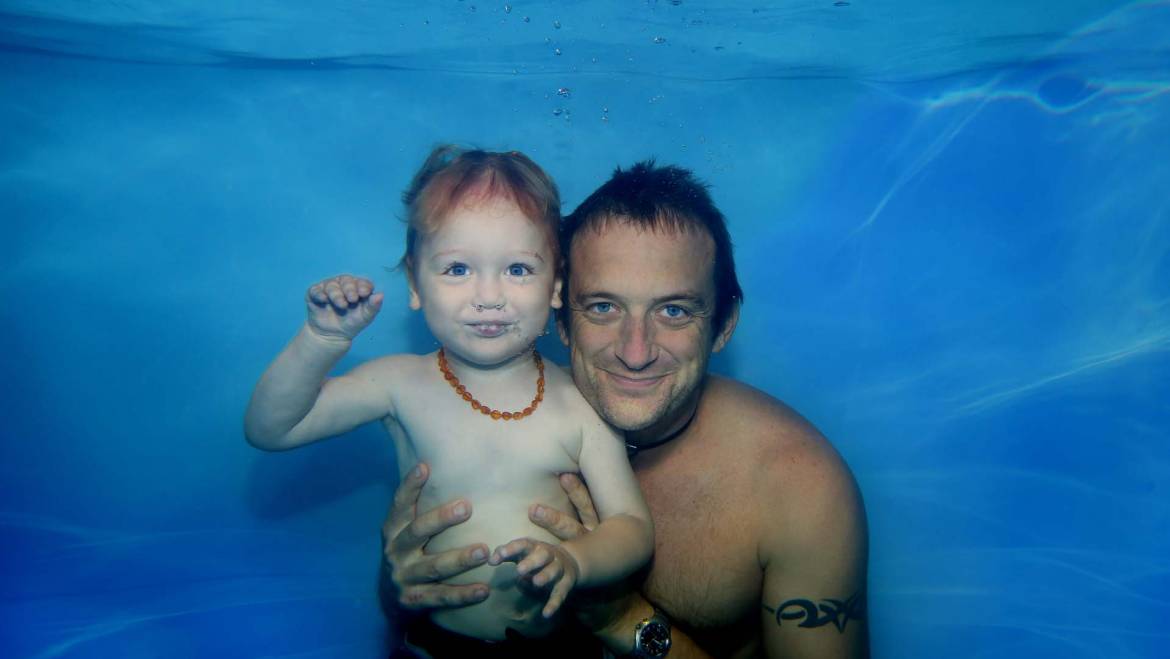Frequently Asked Questions
Whether you have just started in the swimming lessons journey or have been partaking for a number of years, here are some of our most frequently asked questions to help you understand more about this unique journey.
Is learning to swim a sport?
Learning to swim is an educational process. Once you have learnt to swim you can then use the skill to enjoy the sport of swimming.
Learning to swim is first and foremost about becoming safer in the water and should not be considered as a sport to be replaced by other sports or activities.
Does my kid need a break from lessons?
Many children have just on half hour lesson per week, this is a very small amount of time from which to ‘need a break’. Having a break can be counter productive as skills, if not well reinforced, will simply deteriorate and then need to be re-learnt all over again when the child returns.
This is frustrating for all concerned and does nothing for the child’s self esteem.
Why is my child not progressing?
When a child is learning a new skill there will always be times where no apparent progress can be seen. This apparent lack of progress does not mean learning has stopped, or that the child is going backwards.
When learning a new skill, neural pathways between muscles, joints and brain need to be laid down, strengthened and remembered. This all take a lot of regular practice.
It’s not always possible to see when learning is taking place. Peaks and trough along the way are a perfectly natural part of learning and there will be times when a child needs a lot of support and encouragement.
When you see a period of rapid progress, know that this will be followed by a period of consolidation where you may not see and measurable improvement.
When the going gets tough it’s far better to support and encourage your child through the hiccups, or lack of apparent progress rather than remove them from the water.
Once they know the basics why do I need to keep coming to lessons?
In an aquatic emergency, skills can deteriorate. People who only have the ability to move a few meters through the water, are at best weak swimmers and obviously more at risk than those who can swim greater distances.
The more repetitions (as in skill practice swimming laps_ the child practices the more automatic and safer the skill becomes.
The child’s aquatic safety is usually the first concern for swim teachers.
Do I need to give my child a break over Winter?
If anything Winter is the time to spending your child to lessons as they are spending no additional time in the water playing during the colder months.
Kids who take a break de-skill and just end up spending longer trying to learn to swim.
But won't they get sick swimming in Winter?
Colds and flus are viruses, Children are at no greater risk of catching a cold from swimming lessons than from any other public space such as schools, childcare, shopping or playing with mates.
What about ear infections?
While outer ear infections can be caused from swimming in poor quality water, inner ear infections are generally unrelated to swimming.
Can a bad lesson ruin my child's swimming?
While a fright or forcing nervous children underwater can reduce confidence and the child’s willingness to participate, it is actually very hard to ‘ruin’ skills through one or two ‘bad’ lessons.
Remember it takes a lot of practice for the skills to be learnt, so it’s also going to take a bit of work for skills to be ruined.
My child is not progressing, do I need to change swim schools?
Most swim schools in Australia work very hard at ‘patterning’ the children’s swimming skills. Provided you are happy with all other aspects of the school, such as class sizes, teaching philosophy, water quality etc then changing swim schools just serves to disrupt all the work your child ad their teacher have been doing.
Now that I know the basics can I teach my kids at home?
There is a science to swimming and teachers spend a considerable amount of time learning the finer art of swim teaching.
Activities often look deceptively simple, this is important for ease of learning. But underpinning this simplicity, complex biomechanics are at work.
Teachers are constantly tweaking the child’s skills.
It is especially important for parents to listen very carefully if they are in the water with this child. The teacher needs the parent’s full attention to ensure skills are practiced correctly and that littlies have the best possible chance of becoming a safer swimmer.
My child has lessons at school so should I cancel swim school lessons?
School swimming alone usually doesn’t offer enough practice for children to master swimming. Where possible always attend both school and private lessons.

